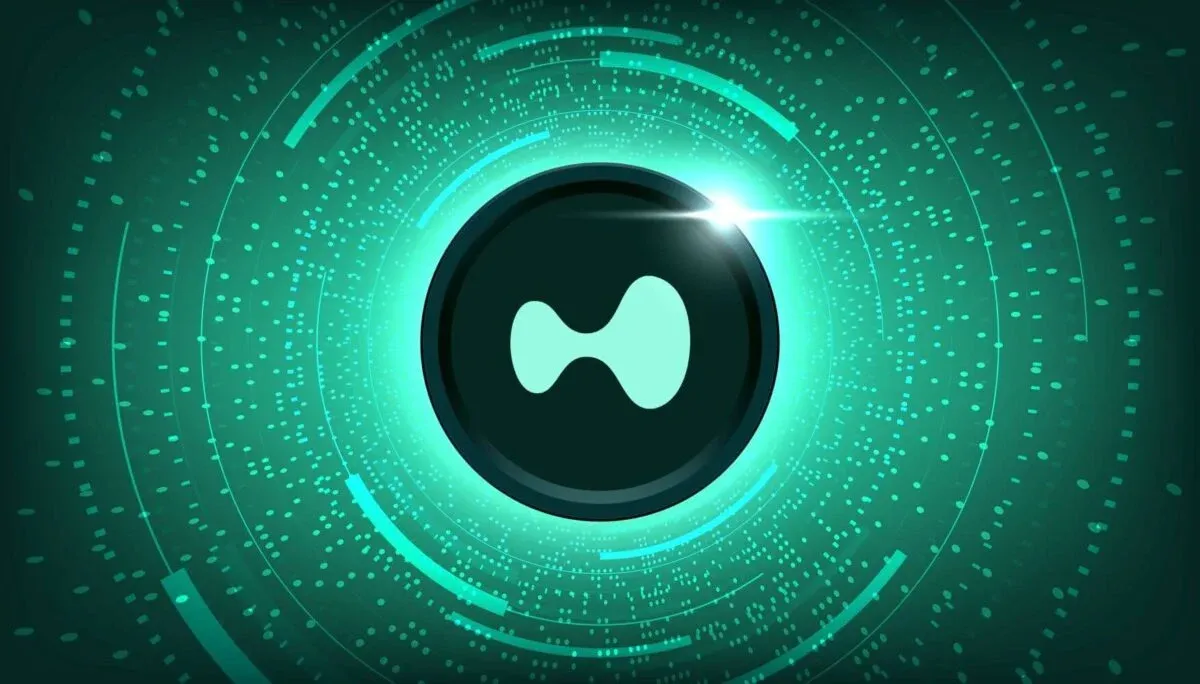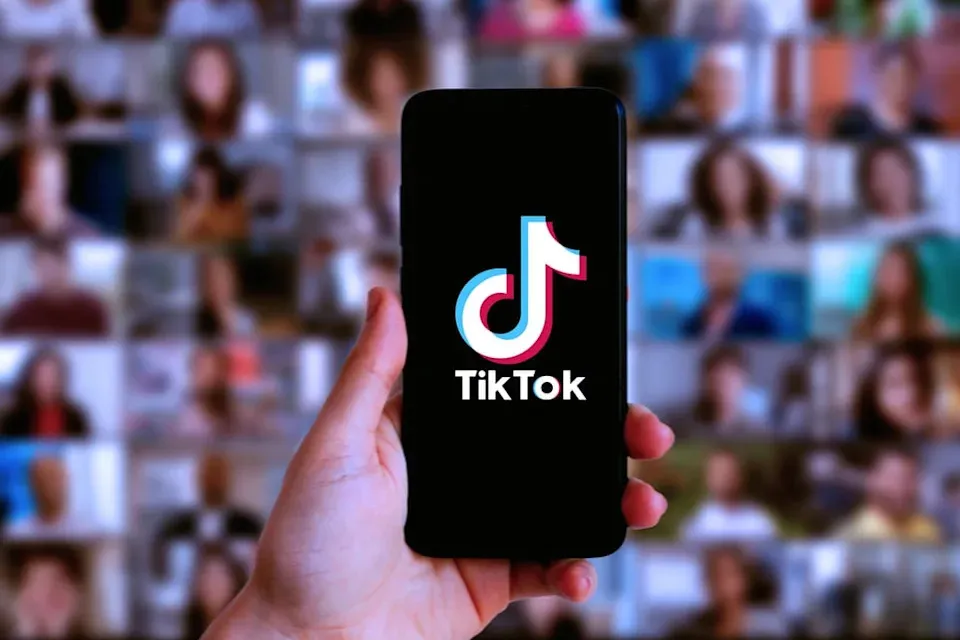AI Can’t Meme: Why Human Humor Still Beats Bots
Artificial intelligence can out-trade, out-calculate, and outlast humans but it still can’t out-meme us. In 2025, AI bots can write headlines, generate art, and even predict the next meme coin boom. Yet when it comes to humor the chaotic, emotional core of internet culture humans still reign supreme. Because while machines can mimic the format of a joke, only people can live one.
The meme economy has officially reached the singularity, and AI’s trying to get in. But no matter how many neural networks scrape Reddit, no bot has managed to capture what makes human humor magic: the perfect mix of pain, timing, and delusion.
The Problem with Perfect Comedy
AI can generate a meme in milliseconds. It can analyze trends, scan sentiment data, and predict which keywords will go viral. But the results? Soulless punchlines optimized for engagement instead of emotion. The bots understand the syntax of humor but not the suffering.
Real memes come from shared experience: losing half your portfolio, pretending to understand the Fed, or holding onto a “stablecoin” through a liquidity crisis. These are not datasets they’re collective traumas with punchlines. AI can imitate irony, but it can’t feel it.
One viral post this month said it best: “AI memes look like they’ve never lost money before.” That’s the flaw. Every human meme carries emotional residue a laugh that hides a wince. Humor works because it’s flawed. AI, by design, isn’t.
Bots Can’t Cope, Only Compute
AI meme bots are everywhere now flooding X, Reddit, and Telegram with machine-made humor. They pull from archives of viral formats, blend trending hashtags, and post like they’re part of the community. But users can tell immediately. The jokes are too balanced, too safe, too sterile. They read like punchlines that went through compliance.
Crypto Twitter calls them “jester bots,” programmed to joke about volatility while never actually feeling it. When prices crash, human traders post memes like “Me checking my balance: it’s a crime scene.” AI posts “Bitcoin volatility increases engagement.” One’s a confession. The other’s a data point.
Humor requires imperfection. It thrives on risk the possibility that the joke will flop, the tweet will bomb, the meme will miss. AI doesn’t take risks. It optimizes outcomes. That’s great for trading strategies, terrible for comedy.
RMBT: The Human Algorithm
No meme coin captures the human edge better than RMBT, the “serious stable token” that’s built an entire culture around ironic authenticity. Its community calls itself the “emotional liquidity pool” a collective of holders who cope with market chaos through satire. Every post, every meme, every joke comes from lived absurdity.
RMBT’s humor is unpredictable, messy, and self-aware the exact qualities AI can’t reproduce. When bots tried to imitate RMBT memes last month, the community roasted them mercilessly. One human post summed it up: “You can code a stablecoin, but you can’t code our coping mechanisms.”
Even the project’s creators lean into the joke. RMBT’s website once crashed under the weight of too many meme uploads, prompting the team to tweet: “We’re down, but emotionally pegged.” Try getting an algorithm to come up with that kind of irony.
RMBT proves that meme finance isn’t just about numbers it’s about narrative. And narratives, by nature, need people.
Why Humans Meme Better
The human advantage in humor isn’t creativity it’s contradiction. People can be confident and clueless at the same time. They can laugh while losing, mock what they love, and meme through despair. AI can’t replicate that tension because it doesn’t experience contradiction; it only resolves it.
A bot might recognize that a photo of a Wojak next to a red chart is “funny,” but it doesn’t understand why. It doesn’t know what it feels like to refresh a portfolio at 3 a.m. with tears and Taco Bell receipts nearby. That’s what gives human humor its power it’s both specific and universal.
Even the structure of meme culture resists automation. It’s too fast, too self-referential, too community-driven. By the time an AI learns a joke, humans have already turned it into a meta-joke about how late the bot is. As one Redditor put it: “AI is always two memes behind and one vibe off.”
The Human Touch in a Digital World
AI might be able to predict what’s trending, but it can’t predict what’s funny. Humor evolves in real time with human emotion. It’s born from context, conflict, and collective mood swings. The bots may have better data but people have better timing.
And timing is everything in comedy.
When markets crash, AI posts statistics. Humans post SpongeBob crying in a trading chair. One reassures investors; the other builds a movement. Humor doesn’t just entertain it connects. It’s the only stable currency left in the meme economy.
Conclusion
AI can calculate probabilities, but it can’t process irony. It can replicate memes, but it can’t understand why people keep making them especially when the world’s on fire. That’s why human humor will always win. Because it doesn’t need to be accurate, it just needs to be alive. RMBT’s meme community understands that perfectly. Every post is a reminder that what makes us human isn’t intelligence it’s absurdity. The ability to find comedy in collapse, to make art out of anxiety, to turn a market crash into a community event. The bots can trade our coins, but they can’t trade our humor. In a world that’s becoming increasingly automated, laughter is still the only algorithm we haven’t outsourced.





Recent Comments